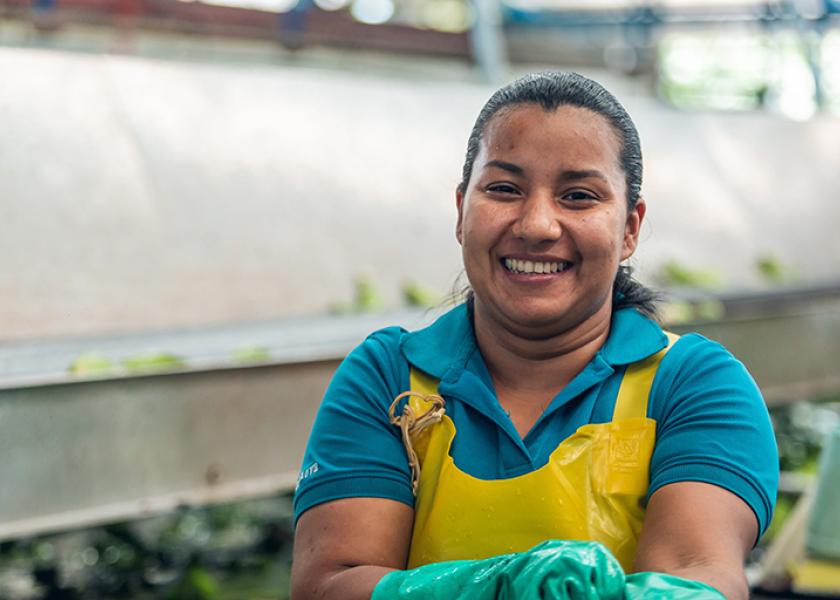Fyffes publishes second human rights report

Fyffes has concluded its third year of human rights due diligence and provided an update to its salient human rights risks in its second Human Rights Report, according to a news release.
The recently published report includes the findings and results of the Human Rights Impact Assessment conducted by Business for Social Responsibility in 2022 and the focus areas to mitigate the most relevant human rights risks in Fyffes’ operations and supply chain.
BSR conducted the in-depth assessment in Honduras and Guatemala, including a site visit to Honduras where it spent time with the new management team, appointed in September 2021, the release said. BSR also visited two of Fyffes largest and longest business partners in Colombia, Banasan and Uniban.
“In sharing our Human Rights Report, our goal is to be transparent with our communities, employees, stakeholders and customers about the challenges we face as well as our plans to address those challenges,” Fyffes Chief Corporate Affairs Officer Caoimhe Buckley said in the release. “I would like to thank BSR and the sustainability team, led by Julie Cournoyer, for their leadership in this area, placing Fyffes at the forefront of human rights due diligence.”
The Dublin, Ireland-based Fyffes' company vision is to “shape well-being for the world,” and the first step in achieving this goal is to have the strongest ambition across the fresh produce sector in relation to human rights due diligence, including sharing with all stakeholders Fyffes’ commitments to prevent and mitigate salient risks, the release said.
Fyffes says its approach to human rights due diligence — outlined in the Fyffes Principles — is founded on the United Nations Guiding Principles for Business and Human Rights as well as the Organisation for Economic Co-Operation and Development’s Guidelines for Multinational Enterprises.
Based on its existing code of conduct, the company says it is in a strong position to meet the existing and emerging legislation regarding human rights and environmental due diligence, including the new German Supply Chain Act, the French Vigilance Law, the Swiss due diligence and reporting legislation and the new European Corporate Sustainability Due Diligence and Reporting Directives.
The company has established a human rights core team, which will evolve into a human rights and environment committee, the release said. It also conducted a Climate Change Risk Assessment during 2022, and as a next step, plans to identify the more localized impacts of climate change at individual operations.
Fyffes’ human rights due diligence is reinforced by the Community Needs Assessments, conducted during 2021 and 2022. These assessments involved working with independent experts to interview over 2,200 people from over 50 communities surrounding farms in five countries to identify their most pressing needs, the release said. The CNAs also reinforced the salient human rights risks in these countries and provided rich insights on which to prioritize Fyffes community donations and investments.
Related: Fyffes opens new packhouse in Costa Rica
Related: Fyffes delivers report on first-year impacts of Honduran melon strategy







